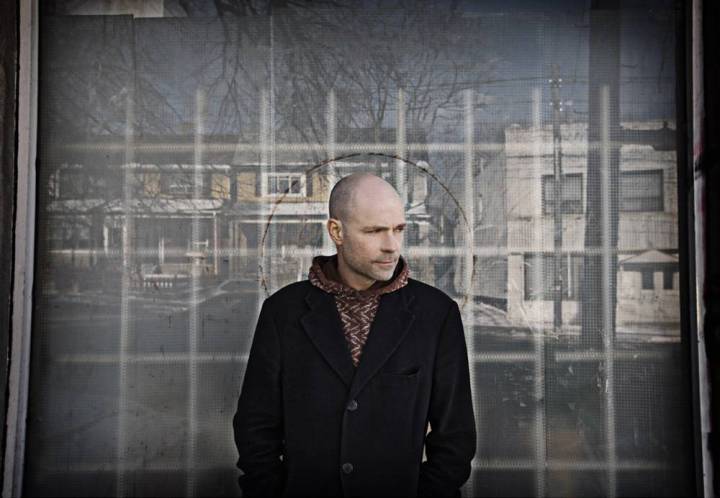Canadians possess a fierce pride of identity. One vital thread of our complex cultural history is so young that we can reach back and be within a generation or two of touching those pioneers who, along with the First Nations strong voices before them, helped forge our identity. And from those markers we can draw a direct line to each generations’ cultural benchmarks. Our sense of self as Canadians is etched on the landscape where we first identified with these distinctly Canadian heroes. The Canadian Shield, the Rockies, the Great Lakes, three Oceans and the Hudson’s Bay. From which birthed the Group of Seven and their compatriots who painted what we felt, to poet Al Purdy considered by some the quintessential voice of Canada , giving words to those same feelings. Leonard Cohen, Joni Mitchell, and on to the Tragically Hip. Their music echoes the rough wildness of the land, laced with the most sophisticated and graceful turns of phrase. Land and sea. The poetry and the music. The Hip sound like our Canada. Just as Emily Carr’s and Tom Thomson’s paintings look like our Canada. 
Like Purdy, Gord Downie’s poetry and lyrics do not shy away from the stark, the harsh, the vulnerable, the real. Without pretense. On a cold February night in 2013, a friend and I sat in Koerner Hall, Toronto, for a fundraiser supporting the preservation of Al Purdy’s A Frame cabin. Al Purdy’s home at the edge of Roblin Lake in Prince Edward County Ontario had always welcomed artists and would continue to be an education resource and home of cultural discovery. A place of legacy and cultivation. Gord Downie performed.
“I am drinking yellow flowers
in underground sunlight
and you can see that I am a sensitive man.”
You could be forgiven if you attributed this line to a Hip lyric. It is from Al Purdy’s “At the Quinte Hotel”. The thread from Purdy to Downie re-stitched. I marveled and also reveled that for Canadians, a poet’s home was worthy of preservation. That our cultural stars believe in the importance of place – identity, legacy, cultivation.

Flashback to early summer 2000. I am spending the better part of a week recording soprano Barbara Dunn-Prosser and pianist Brian Jackson at The Bathouse, the recording studio created by The Tragically Hip. Dunn-Prosser’s ‘Till We Meet Again’ was the first classical recording we were told, to be recorded at the studio. I opted to stay on-site, immersing in the space that had an extraordinary Canadian pedigree, trying to absorb as much as I could to in some intangible way, infuse it back into the recording. The state of the art studios, driveway basketball hoop, wild rhubarb patch through the path out the back door, Lake Ontario at its front doorstep and the warm Bathouse Team. Creating the capacity for Canadian musicians to fulfill their artistic visions. A place of legacy and cultivation.
I’ve never met Gord Downie but he has had a tremendous influence on my creative career. It’s very Canadian to feel a familiarity with our cultural stars. Lyrics and poetry resonate because they are drawn from our collective landscapes. Our stories are intertwined. Yet we are also determined to etch out our own destinies and this is what Gord Downie continues to inspire. Brilliantly. His path and that of the Tragically Hip, have been uniquely theirs. We can’t help but say, uniquely Canadian. This final summer tour solidifying our collective identity, securing their legacy as they write their own history. Gord Downie continues to be the author of his own story. And in doing so, he has become the hero of ours.
(You can see Gord Downie read ‘At The Quinte Hotel’ in a wonderful short film shot in 2002, here: https://youtu.be/vPKeczB3wrg )

